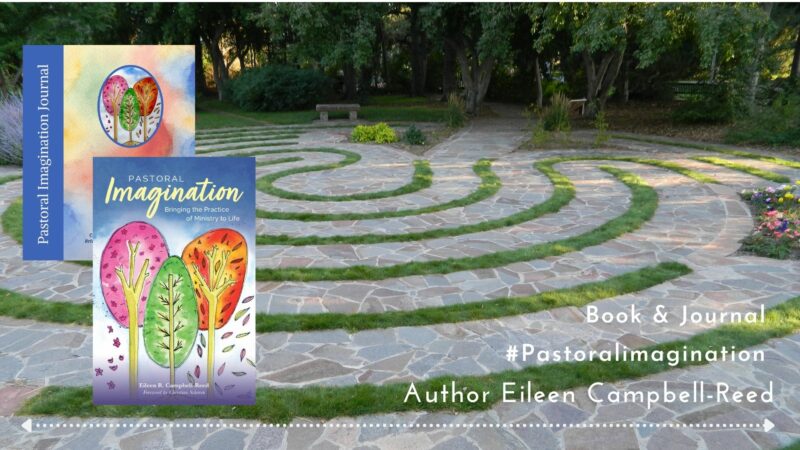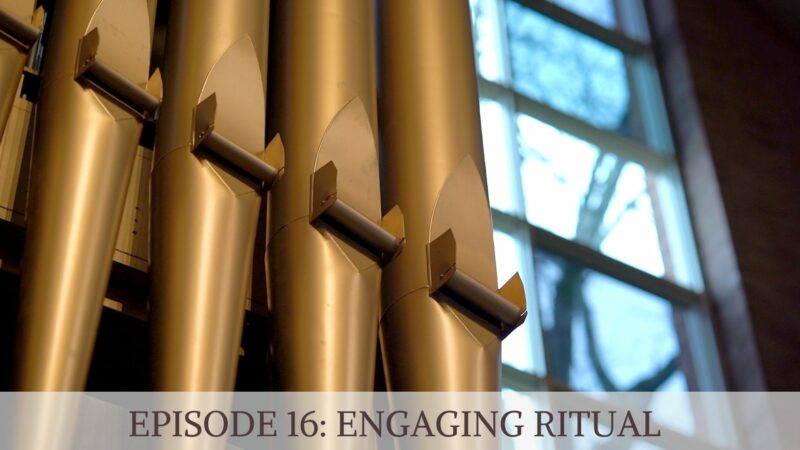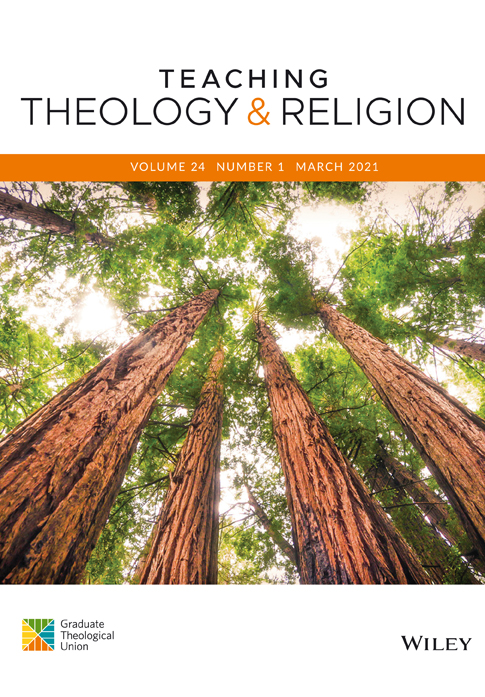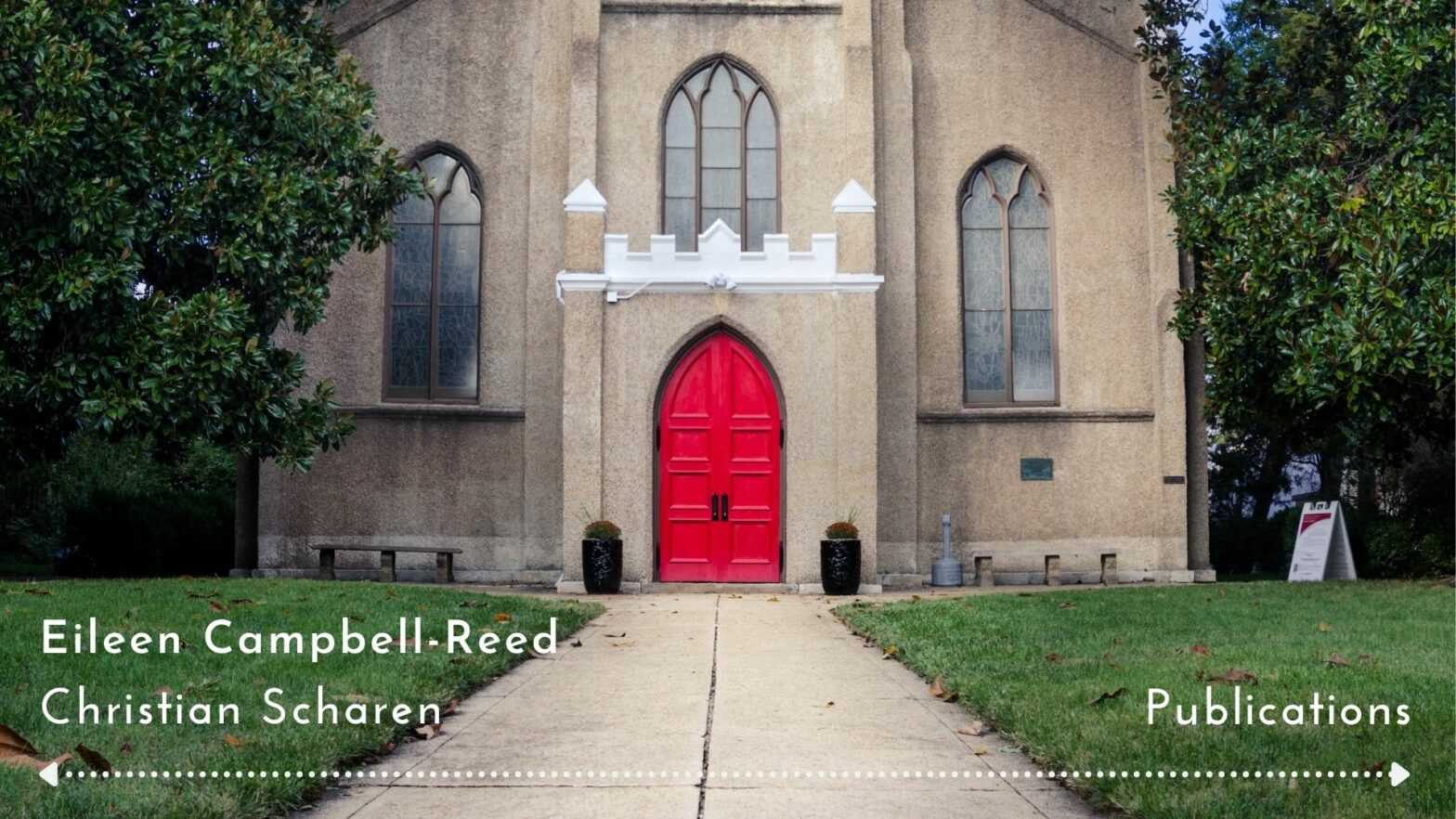Begun in 2009, the Learning Pastoral Imagination Project is a National, ecumenical, longitudinal study of ministry in the United States. The qualitative study follows the lives and ministries of Seminary graduates from ten schools across the US. The cohort consists of an equal number of men and women. Ministers in the study include people who serve as priests, pastors, chaplains, congregational ministers, educators, and ministry volunteers. The denominational connections range from Roman Catholic and Orthodox to Pentecostal and Evangelical, Mainline, Peace Church, historic Black Church, as well as non-denominational. Participants in the study embrace a range of racial and ethnic identities, including white, Black, Asian American, and Latinx.
The latest findings and case studies from the research are in Eileen Campbell-Reed’s new book Pastoral The Imagination: Bringing The Practice a Ministry to Life (Fortress, 2021). Stories and concepts from the study can also be found in Season One of Three Minute Ministry Mentor in the form of blogs, podcasts and videos.
During the first five years of the study, Eileen Campbell-Reed and Chris Scharen co-authored four articles, and a major report about the project. Each publication addresses particularities of the study, and the project is also addressed in a variety of other book chapters and articles by both authors.

The latest findings and case studies from the LPI research are in Eileen Campbell-Reed’s new book Pastoral The Imagination: Bringing The Practice a Ministry to Life (Fortress, 2021). Stories and concepts from the study can also be found in Season One of Three Minute Ministry Mentor in the form of blogs, podcasts and videos.
on “Writing for Your Life”
What is Pastoral Imagination?
LPI Co-director, Eileen Campbell-Reed sat down recently to talk with Brian Allain of “Writing for your Life” to talk about pastoral imagination, the concept, the research project, and her new book, Pastoral Imagination: Bringing the Practice of Ministry to Life (Fortress Press 2021).

“The Unfolding of Pastoral Imagination: Prudence as Key to Learning Ministry” in Reflective Practice (Vol. 32), 2012.
Abstract: Over the last decade “pastoral imagination” has served as a provocative center for discussions about what makes for faithful and wise pastoral leadership. This essay is organized around two stories of ministry: a student in clinical pastoral training and a senior pastor of a large congregation. Their stories instantiate and characterize the use of pastoral imagination as prudence, unfolding over the long arc of learning the practice of ministry. The stories are case studies drawn from the Learning Pastoral Imagination (LPI) Project, a national study of learning ministry seeking to understand instances of pastoral imagination, articulate how it is learned, and say why it matters for the complex context of ministry in the twenty-first century.
How does one move from imagining ministry to embodying pastoral imagination?
“‘Holy Cow! This Stuff is Real! ”

“‘Holy cow! This stuff is Real!’ From Imagining Ministry to Pastoral Imagination”
“Holy cow!” was the first article that came out of the LPI project. It captured the birth of pastoral imagination, something we were seeing an interview after interview with recently graduated or soon-to-graduate Seminarians. Chris and Eileen presented the material first in a session of the practical theology unit at AAR meeting in 2010.
It was published in an issue of the Wabash journal Teaching Theology and Religion which featured other articles about how ministers learn including an article by our friend, colleague and project advisor, Kathleen Cahalan, “Reframing Knowing, Being, and Doing in the Seminary Classroom.”

“Ethnography on Holy Ground: How Qualitative Interviewing is Practical Theological Work” in International Journal of Practical Theology 2013: 17(2):1-28.
Abstract: How is ethnographic interviewing experienced as “holy ground”? Since the early 1990s, “empirical” or “descriptive” theology has been understood as an indispensable moment in practical theology. However, descriptive and empirical work in practical theology has remained remarkably dependent upon social science models. Even when practical theologians expanded ways of knowing in practical theological work, making space for relationality, dynamics of power, and embodied knowing, the theological character of lived research practice has remained largely unexamined. This paper proposes a more fully theological “descriptive moment” for practical theology by showing how ethnographic interviewing is practical theological work. Going beyond “description” or “empirical data gathering”, we argue practical theology needs theologically reimagined research practices. By presenting the case of our qualitative interviews with pastors and seminarians, we describe the theological character of an interview day, and we offer a rationale for making use of silence as a key aspect of theological ethnography. We conclude with reflections on the complex impact of the practice including: creating safe space for coming to voice; articulating woundedness, grief and joy; fostering good pastoral ministry; and experiencing God’s presence in creative and redemptive ways.

“Ministry as Spiritual Practice: How Pastors Learn to See and Respond to the ‘More’ of a Situation” in Journal of Religious Leadership 2013: 12(2), page 125.
Abstract: Christian ministry in a changing and challenging context requires “pastoral imagination,” a capacity to perceive the “more” in a situation and act wisely in response. Case studies from the Learning Pastoral Imagination Project show how ministers learn—through everyday pastoral practice and particular moments of ministry—to engage the “more” in situations by 1) seeing what is actually there, 2) recognizing the theological stakes, 3) knowing how to respond, and 4) responding in ways deeply connected to the community of faith and its participation in God. The dynamic of learning over time is key to understanding ministry as spiritual practice.

